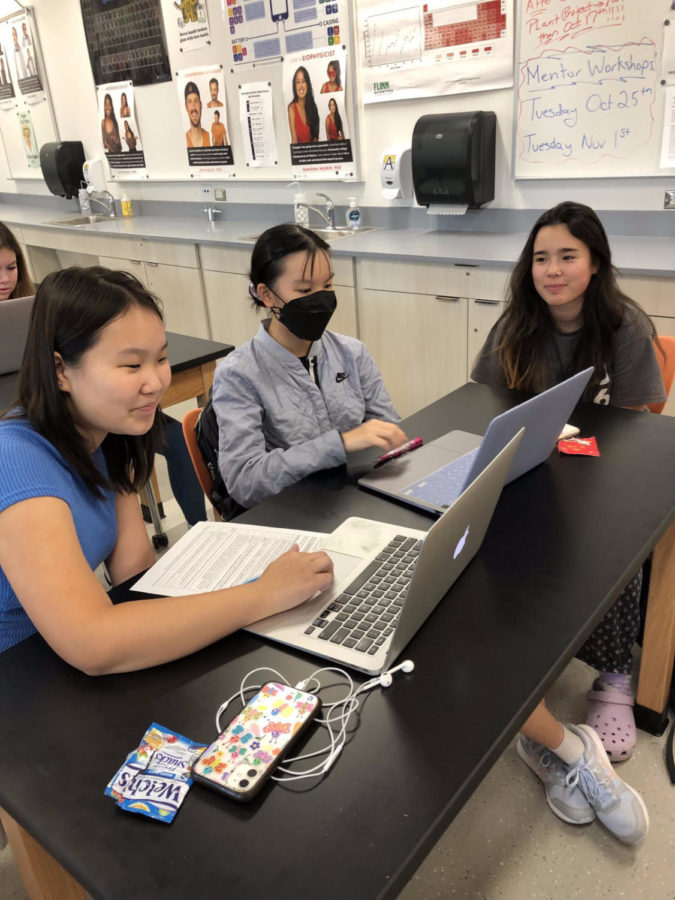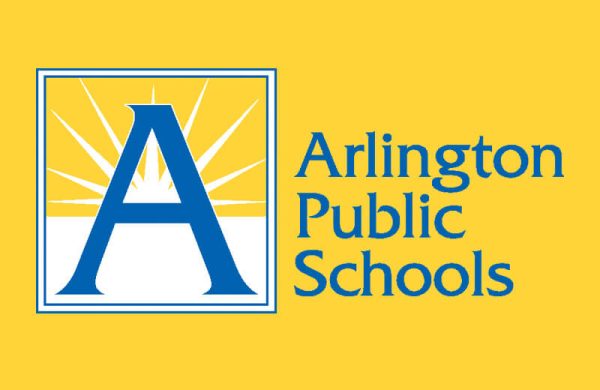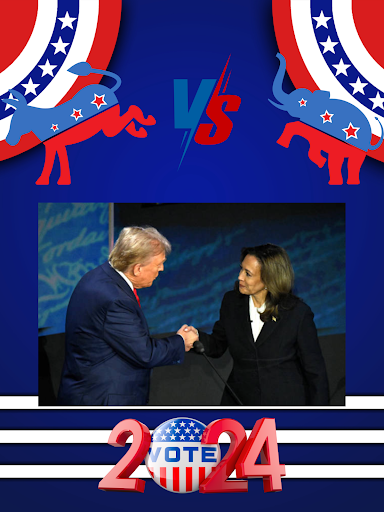Navigating the Science Fair
Learn about the science fair process
The science fair is for anyone interested in biology, chemistry, physics or other types of science. One of the first steps in the science fair process is to come up with an idea for a project.
“My best advice is to do something you’re interested in because you’re gonna be doing it for months,” Science Fair Director Ms. Liller said.
The science fair can be a long process for many students, however many people can help you along the way. The science fair mentors are there to help students who need any assistance for their project.
“The best step they can take is the peer mentoring sessions offered by Ms. Fretts,” Liller said. “That mentorship program is really helpful to let the kids have that time to practice and learn from their peers and people that have gone through the process before.”
At the science fair, there are different categories, such as chemistry, environmental science, or botany that your project will fall under. The science fair judges judge students with other projects in the same category. The students present their project to a panel of judges, and then the judges ask questions related to the findings of the project.
“Students are going to be in front of a panel of three judges which we get from the community and surrounding areas,” Liller said. “Former students sometimes come back, former teachers and parents [too]; usually they are kind of an expert in that field and then the student is going to present their findings through either a board or a PowerPoint to those judges.”
Usually, about 22 projects advance from the school science fair to the regional science fair. If the judges really like a project, they could advance to the state fair or the international fair.
“From our school science fair, about 22 to 25 projects are picked to go to [the] regional fair, which [includes] our county, Falls Church city, Alexandria city, and a couple private schools,” Liller said. “Then from there, you can go on to states or you can actually be jumped to go straight to [the] international fair.”
Senior Anne Licato is a science fair mentor this year. Her science fair project was a simulation of the effect of the distance of people standing in a line on the number of COVID-19 particles they would have come in contact with.
“I think that being in science fair has really opened my world to different types of science, and also when you present at these science fairs or science competitions, the judges and some of the people there are really interested in the future of science, and that starts with high school students,” Licato said. “They’re really giving you as a student research opportunities or grant money, or telling you that they have a contact somewhere that could further your project or something you might be interested in.”
As a science fair mentor, Licato helps other students prepare their projects for the fair. It can be a long commitment, so the mentors are there to help students with the process.
“I help students [who] are typically freshmen and sophomores with their papers for their projects,” Licato said. “That starts in the very beginning, from coming up with an idea, carrying out their experiment, to in the end helping them prepare for science fair, and by watching them present.”
One of the big goals Licato has this year as a mentor is to make sure students are really passionate about their project. A lot of the time, students work on their project outside of class, so it is important that students are interested in the topic of their project.
“Sometimes what I see a lot of is the students who are just kind of there because their classes are requiring it, and they’re not super into their project, which I think is a big flaw because if you’re not interested in what you’re studying, you’re not going to get any enjoyment out of it at all,” Licato said. “I always start that first session, especially if they’re struggling to come up with an idea and start by asking what are you interested in?”
One piece of advice that Licato would tell students is to just enter the science fair. In intensified classes, it is required to complete a project, but not required to do the science fair. She believes students should enter the fair because they have already put all the hard work into writing their paper for their project, and all they have to do at the fair is present their project.
“Just participating in the science fair is a great way to practice public speaking [and] presenting and you can get a lot of great opportunities just by showing up and presenting your science or a project,” Licato said.
Junior Haley Baasansukh is also a science fair mentor this year. In order to prepare for her project on the effect of different solvents on the retention factor of photosynthetic plant pigments, Baasansukh utilized the help from teachers and peers in order to have a successful project.
“I went to a bunch of after school workshops, I talked with my teachers a lot [and] I got constant feedback from my peers about my paper,” Baasansukh said.
Despite having some challenges with her project, Baasansukh was able to overcome them with the help of teachers and mentors.
“The process was challenging at first because I didn’t really know how to set up my project. It was a lot of trial and error, but in the end, I worked it out with my teacher and I kind of just used all of my resources to kind of set up a project that was really well done at the end,” Baasansukh said.
One goal Baasansukh has as a mentor is to encourage more students to participate in the science fair. Participating in the science fair allows students to deep dive into a specific topic that they are passionate about, that they may not learn in school.
“ I hope to encourage more people to do the science fair, and show them how much fun it is to go into one topic and really kind of explore that because in science classes, sometimes you don’t always have control over what you can study,” Baasansukh said. “I feel like having a science project and really researching something you’re interested in is great. I feel like everyone should experience presenting and going to [the science fair] at least once.”













